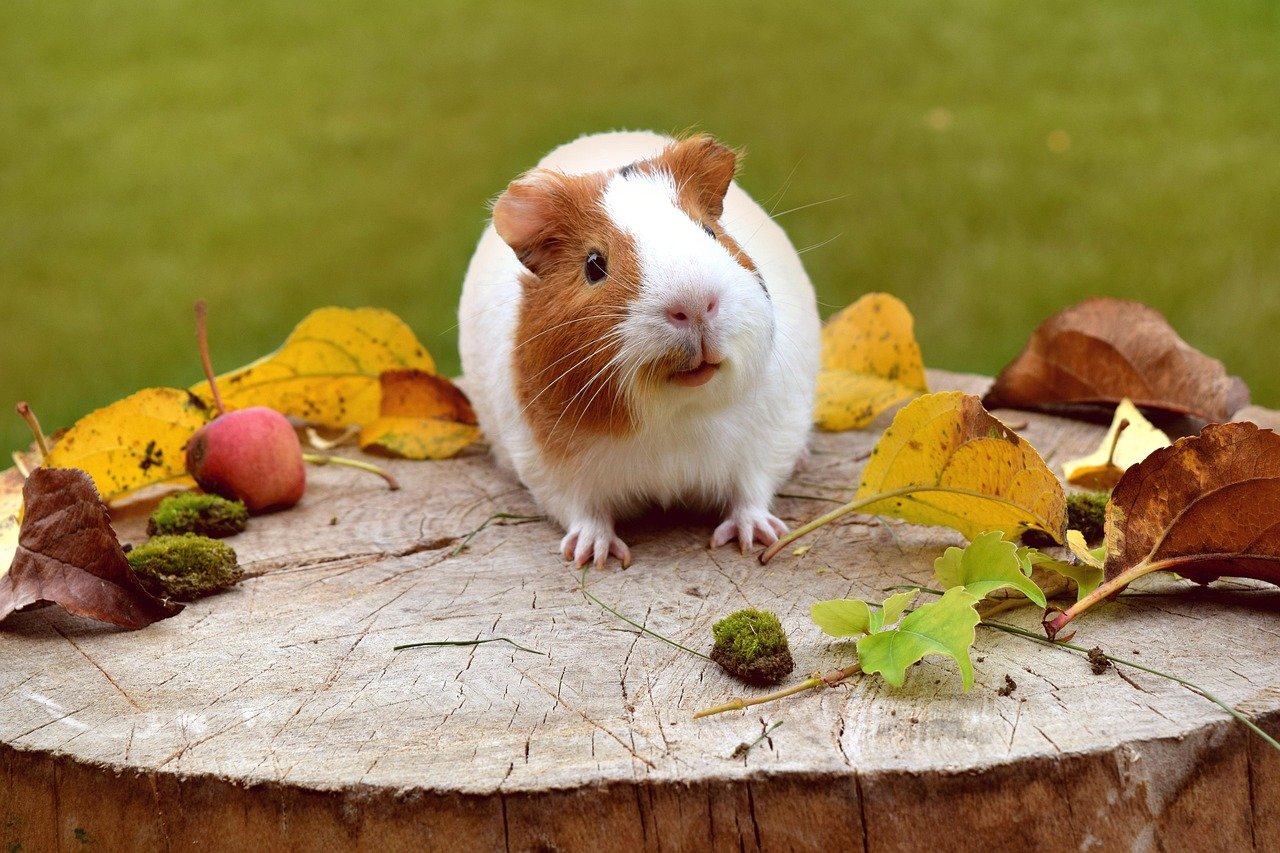Guinea pigs, with their adorable faces and gentle nature, have captivated the hearts of many pet owners around the world. However, despite their popularity, there are numerous misconceptions about their care. These small creatures may seem low-maintenance, but they require specific conditions to thrive. Let’s explore some common mistakes that pet owners often make when caring for guinea pigs, ensuring that your furry friend leads a happy and healthy life.
1. Misunderstanding Their Social Needs
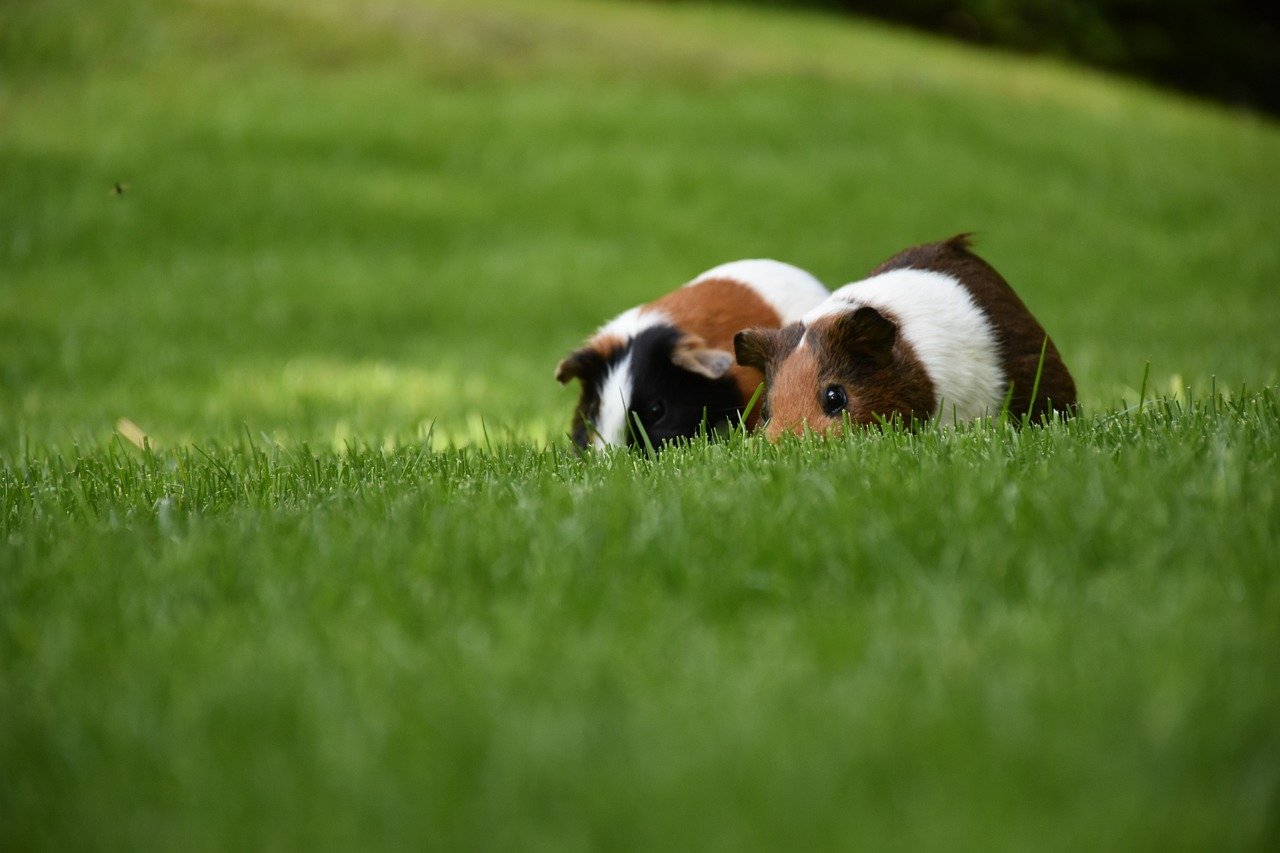
Many first-time guinea pig owners mistakenly believe that these animals are perfectly content living alone. However, guinea pigs are social creatures that thrive in the company of their own kind. In their natural habitat, they live in groups, which provides them with safety and comfort. When kept alone, they can become lonely and even depressed. It’s vital to provide them with a companion to keep them happy. Keeping a pair or a small group of guinea pigs can make a world of difference to their overall well-being.
2. Inadequate Housing Space
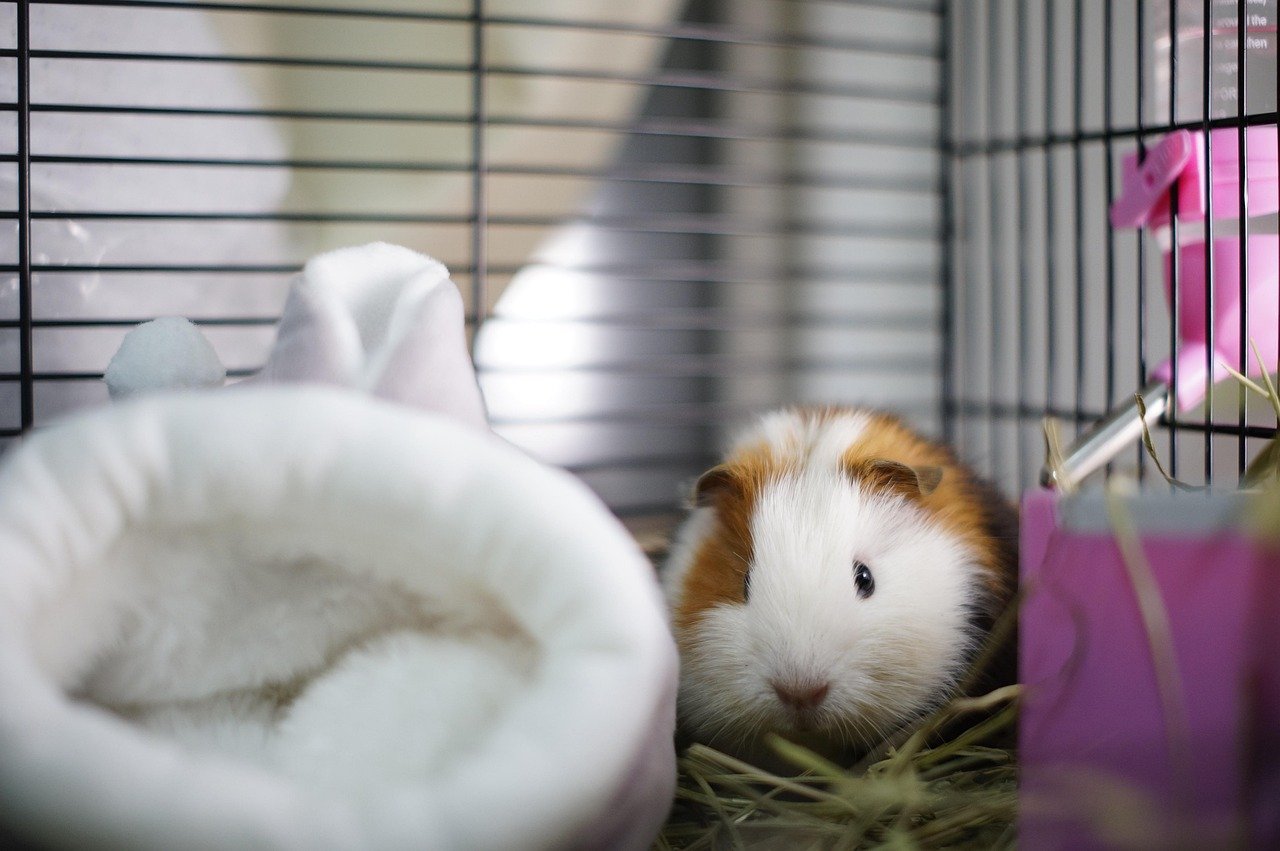
A common error is underestimating the space guinea pigs need. Despite their small size, guinea pigs require ample room to move around and explore. Many pet owners opt for cages that are too small, which can lead to stress and health issues. A spacious environment allows them to exercise, which is crucial for their physical health. Think of their cage as a mini-apartment rather than a mere sleeping space. The more room they have to roam, the happier they will be.
3. Incorrect Diet Choices
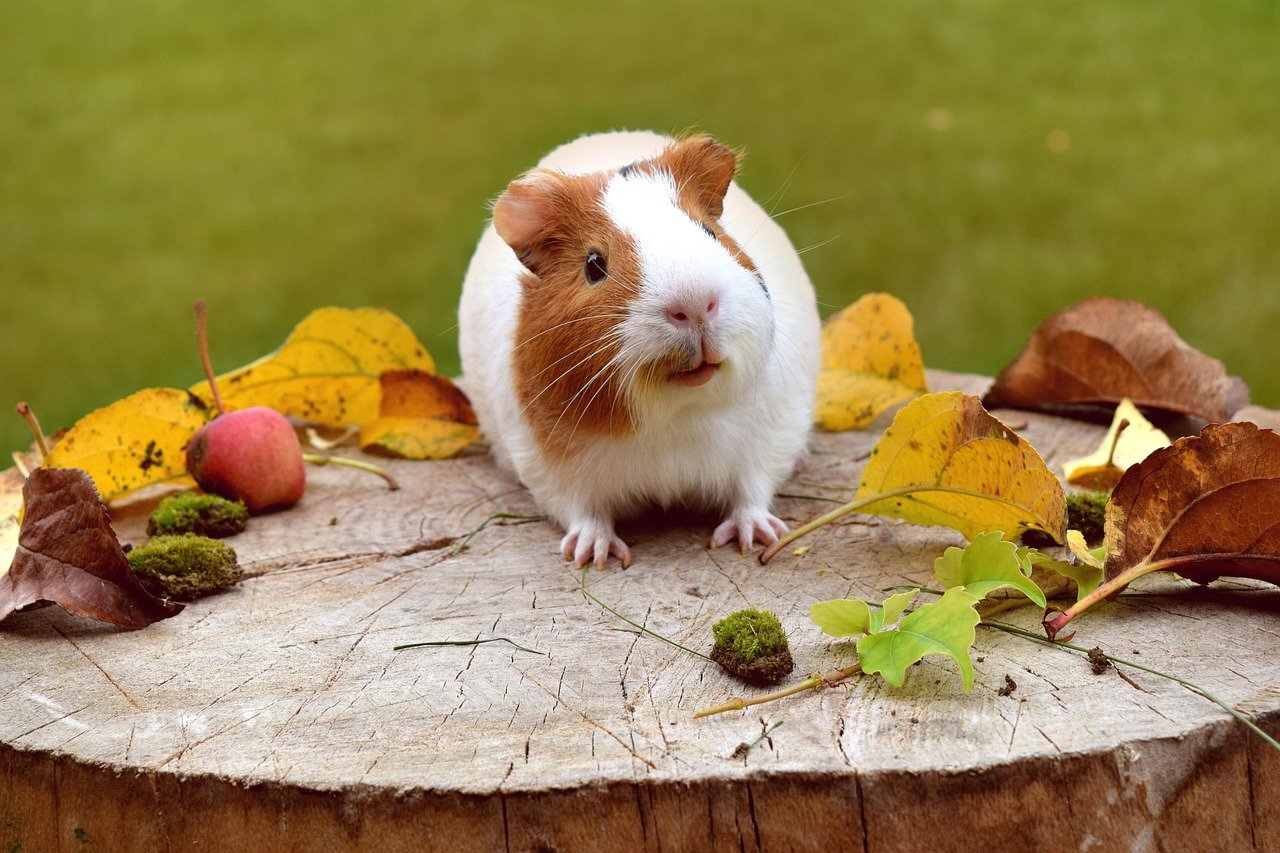
Feeding guinea pigs can be more complex than it seems. While pet stores often sell pellets and treats labeled for guinea pigs, many of these products lack the essential nutrients they need. Fresh hay should be the cornerstone of their diet, supplemented with a variety of fresh vegetables and a small number of pellets. Additionally, guinea pigs cannot produce their own vitamin C, so it’s crucial to provide foods rich in this vitamin, such as bell peppers and kale, to prevent deficiencies.
4. Neglecting Regular Vet Visits
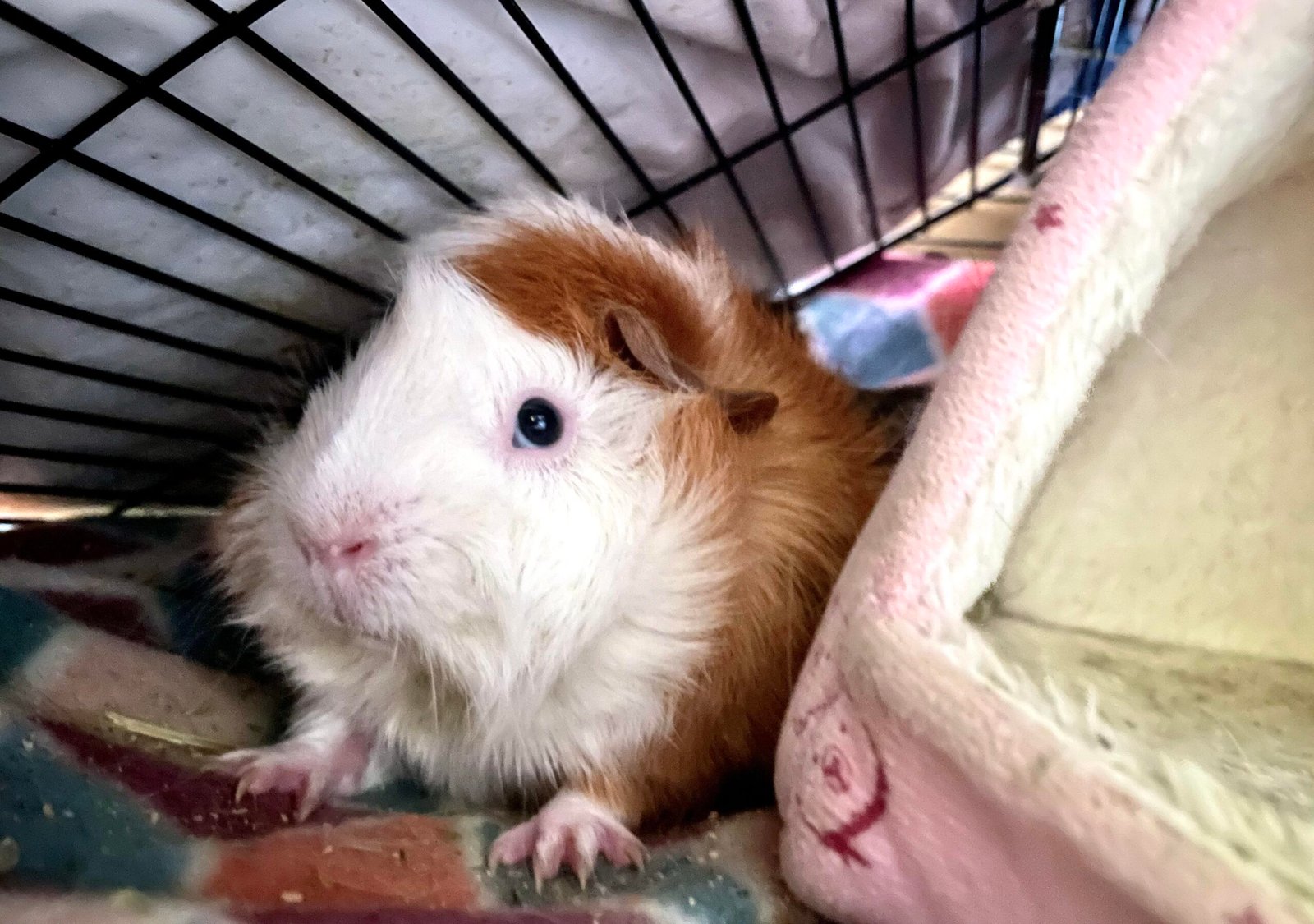
Some pet owners mistakenly believe that guinea pigs do not need regular veterinary care. However, just like any other pet, guinea pigs require routine health check-ups. Regular vet visits can help detect potential health issues early on, preventing them from becoming severe. A veterinarian specializing in small animals can offer guidance on proper care, diet, and grooming needs, ensuring your guinea pig stays in top shape.
5. Overlooking Their Grooming Needs
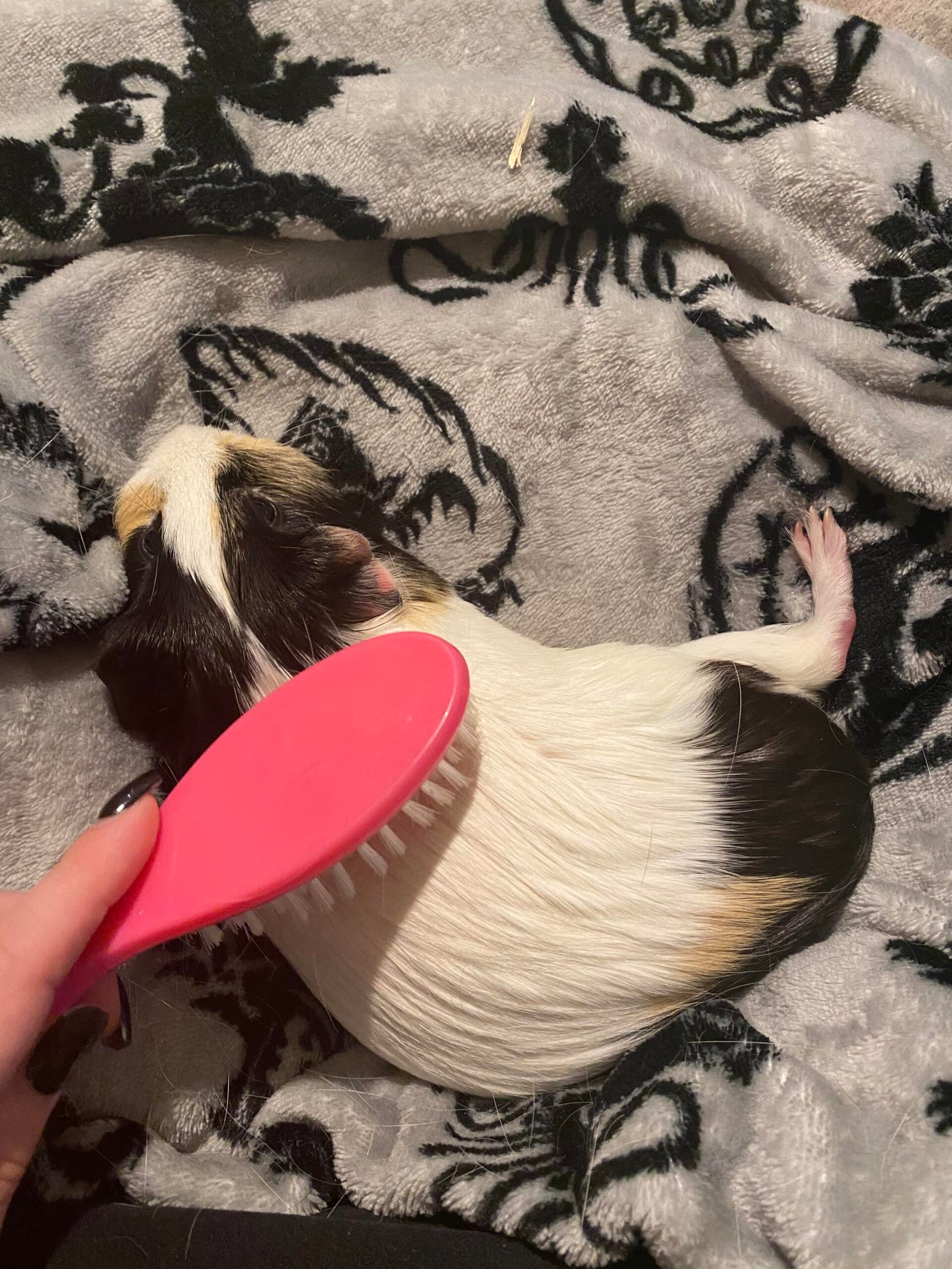
Guinea pigs are generally clean animals, but they still benefit from regular grooming. Long-haired breeds, in particular, require frequent brushing to prevent their fur from becoming matted. Additionally, their nails grow continuously and need regular trimming to avoid discomfort or injury. Grooming not only keeps them looking their best but also provides an opportunity to bond with your pet and check for any signs of health issues.
6. Misinterpreting Their Behaviors
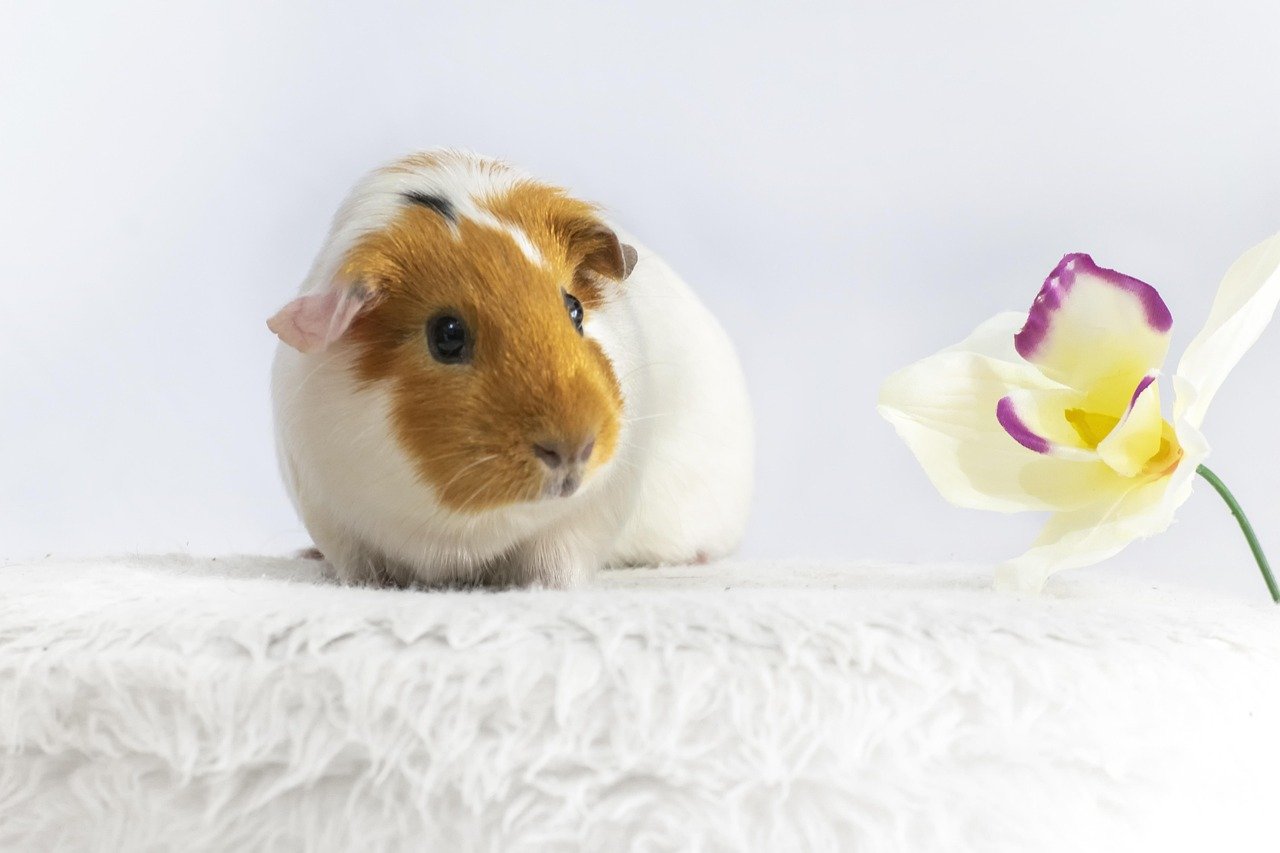
Understanding guinea pig behavior can be challenging for new owners. Many misinterpret their vocalizations and body language, which can lead to improper care. For example, guinea pigs make a variety of sounds, each with its own meaning. A high-pitched squeal might indicate excitement or hunger, while a low purring could signify contentment. Learning to recognize these cues can enhance your relationship with your pet and ensure their needs are met.
7. Improper Handling Techniques
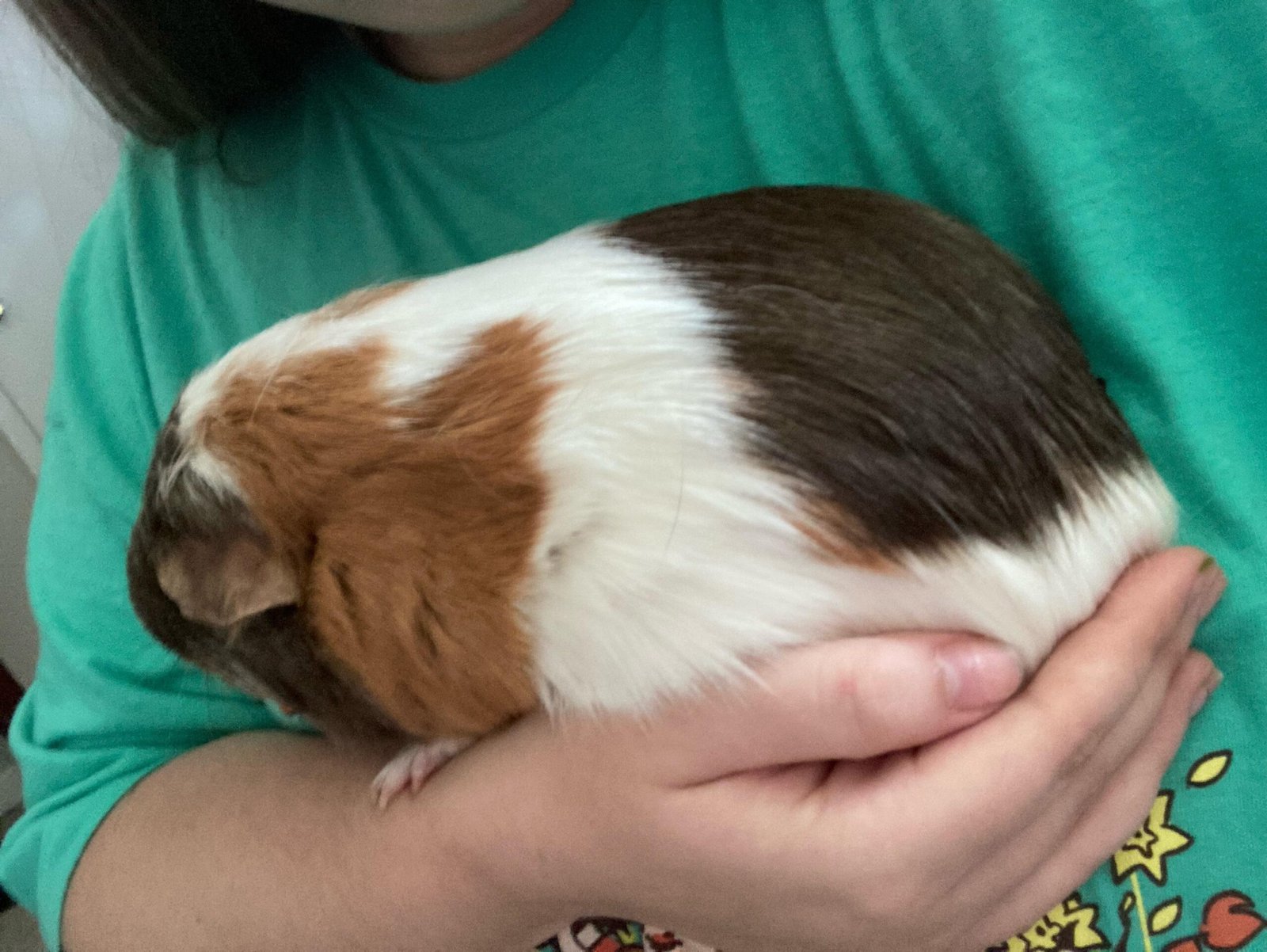
Handling guinea pigs requires a gentle touch and understanding. Many owners unknowingly handle their pets incorrectly, which can cause stress or even injury. It’s essential to support their body fully when picking them up and to avoid sudden movements that might frighten them. Spending time to learn proper handling techniques will build trust and make your guinea pig feel more secure.
8. Lack of Enrichment and Stimulation
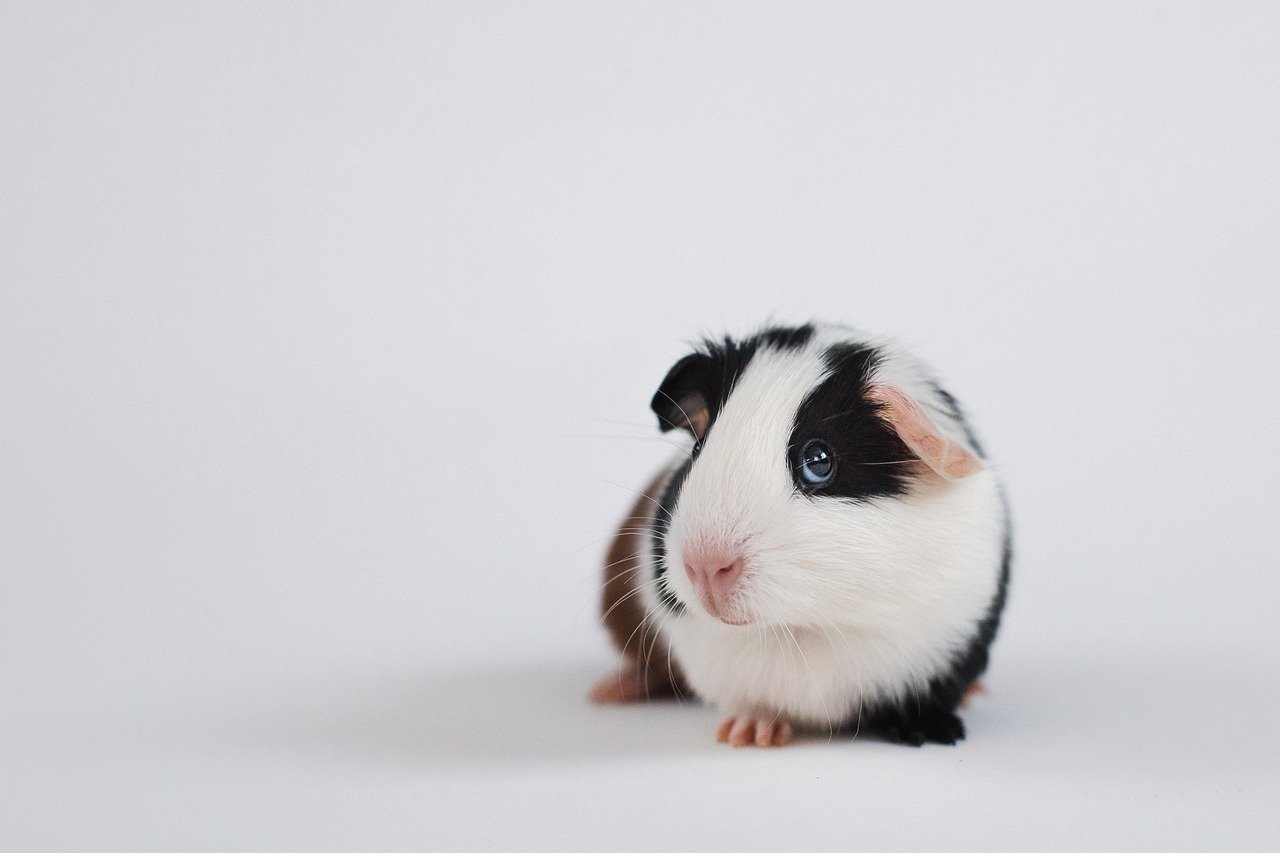
Guinea pigs are intelligent animals that need mental and physical stimulation. Boredom can lead to behavioral problems and health issues. Providing them with toys, tunnels, and other forms of enrichment can keep them engaged and happy. Simple items like cardboard boxes and paper tubes can be turned into fun playthings, offering endless entertainment opportunities for your furry friends.
9. Ignoring Their Environmental Needs
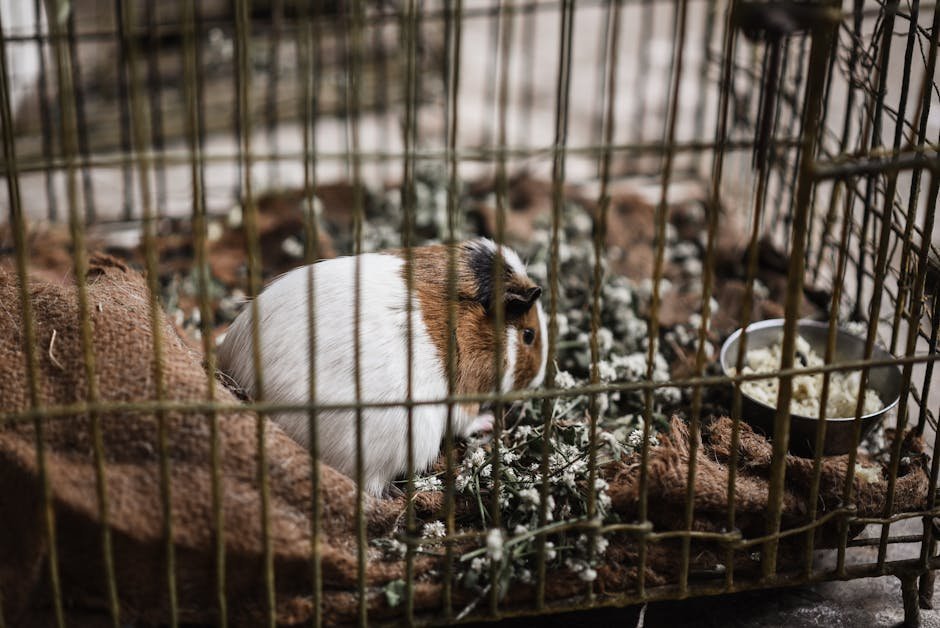
The environment where your guinea pig lives plays a significant role in their overall well-being. Many owners fail to consider factors such as temperature, humidity, and noise levels. Guinea pigs are sensitive to temperature extremes and need a stable, comfortable climate. Keeping their habitat in a quiet, draft-free area will help them feel safe and secure, preventing unnecessary stress.
10. Underestimating Their Lifespan
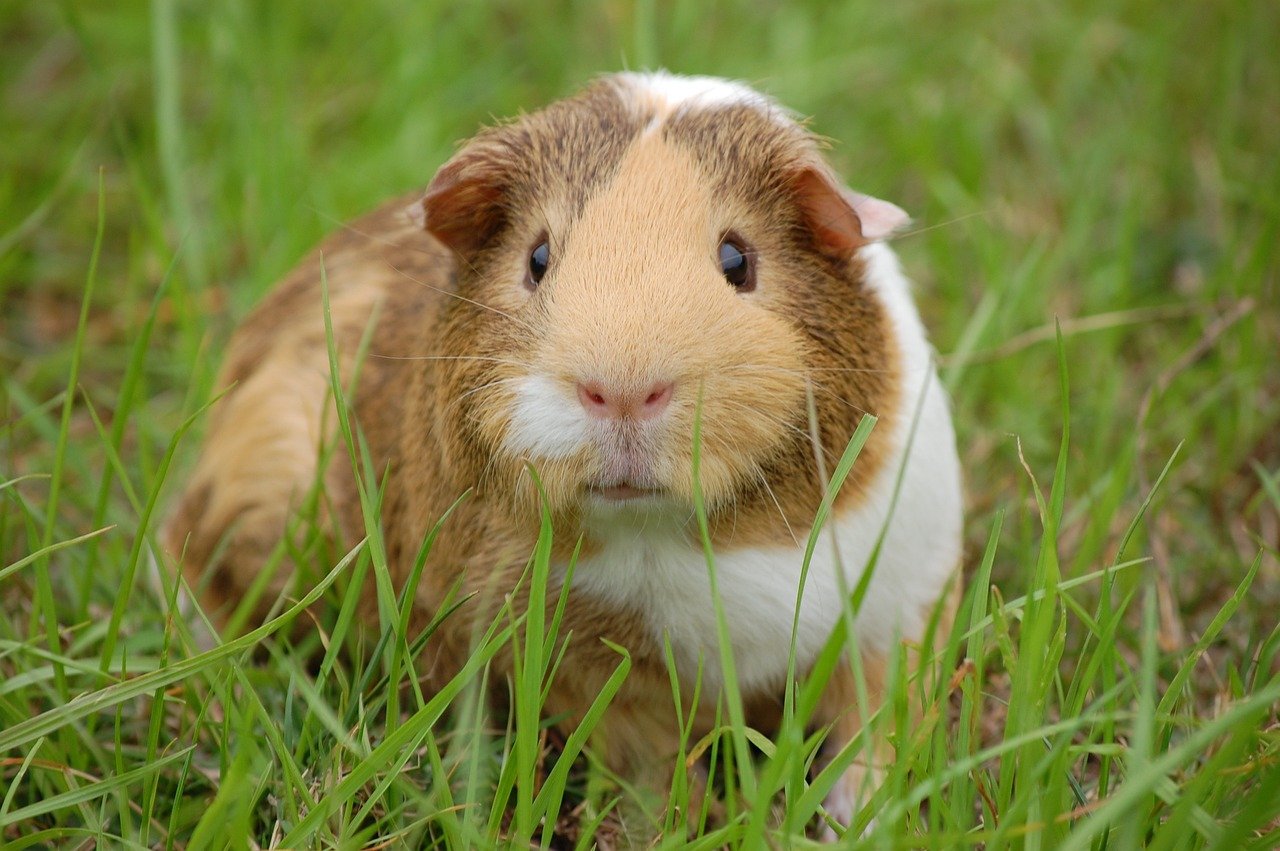
Some potential owners assume guinea pigs have short lifespans, leading to a lack of long-term commitment. However, guinea pigs can live for 5 to 7 years or even longer with proper care. Understanding the time and effort required to care for them over the years is crucial before deciding to bring one into your home. They are not just temporary pets but companions that require ongoing dedication and love.
In conclusion, understanding the unique needs of guinea pigs can greatly enhance their quality of life. By addressing these common misconceptions, pet owners can provide a nurturing environment that allows their guinea pigs to thrive. Embrace the joy and companionship they bring, and ensure that your furry friends receive the care and attention they truly deserve.


